President-elect Donald Trump has pledged to bring an end to the Russia-Ukraine war, though he has yet to specify how. A negotiated settlement appears to be the only viable path forward, as a decisive military victory for either side seems unlikely. Western nations, particularly those in Europe, are struggling with internal challenges, leaving them in a weak position with limited leverage at the negotiating table. Meanwhile, Russia also finds itself in an unenviable situation, creating a potential opening for Trump to encourage both parties toward a resolution. However, for any agreement to lead to lasting peace, security guarantees for Ukraine must be a central component. These guarantees are likely to be the key trade-off for any concessions that Europe would likely offer.
Europeans’ Trouble
One of the primary challenges facing European countries is their continued reliance on Russian energy, even three years into the Russia-Ukraine war. Despite pledges to eliminate all Russian energy supplies by 2027, progress toward this goal appears sluggish. While some countries, such as France, have struggled to adhere to this commitment, others, like Hungary and Slovakia, maintain pro-Russian stances and show little intent to penalize Moscow. This issue is not solely a matter of willingness to comply but also stems from loopholes in the sanctions system. These gaps allowed EU energy imports from Russia in 2024 to surpass those of 2023. Russian gas remains a significant setback for European efforts to reduce dependency. Although overall imports dropped by 8% in 2024, as countries like Germany sought alternative markets, others, including Greece and Italy, continue to rely heavily on Russian gas.
Liquefied natural gas (LNG) represents another major obstacle. EU imports of Russian LNG rose to 16.5 million metric tons in 2024, up from 15.2 million in 2023. Countries such as Spain, France, Belgium, and the Netherlands still import Russian LNG via tankers, some of which blends with other gas sources in Europe’s pipeline network. Consequently, Russian gas may still reach Germany, despite its concerted efforts to eliminate reliance on Russian energy.
While petroleum sanctions took effect in 2022, Russian petroleum continues to enter EU markets, particularly in pro-Russian states like Slovakia and Hungary, as well as, to a lesser extent, Belgium, Austria, and the Czech Republic. Additionally, fossil fuels infiltrate European markets as oil products via third-party countries. For example, EU countries imported 12.3 million metric tons of oil products from India, China, and Turkey, with 4.8 million metric tons derived directly from Russian crude. Notably, during the first three quarters of 2024, EU imports from major Indian refineries operating on Russian crude oil surged by 58%.
Europe’s dependence on Russian energy remains a challenge for European states on the negotiations table. European nations, lacking energy independence, find themselves reliant on Russian supplies. For instance, while Ukrainian President Volodymyr Zelensky heralded the cancellation of the gas transit agreement through Ukrainian pipelines as a Russian setback, the decision negatively impacted landlocked Eastern European nations unable to access LNG via sea. Austria, Hungary, and Slovakia, which heavily rely on Russian gas, opposed the agreement’s termination, citing their energy needs as justification.
Energy challenges are not the sole weakness for European nations during negotiations but are part of a broader set of internal conflicts. For example, tensions between Slovak Prime Minister Robert Fico and Zelensky have escalated over the gas transit agreement, evolving into personal accusations, including claims of arrogance and cyberattacks. More broadly, the EU faces increasing fragmentation, with pro-Russian leaders gaining influence in member states. Hungarian Prime Minister Viktor Orbán, long considered an outlier in European politics, is no longer alone. Austria’s far-right leader Herbert Kickl, an open admirer of Orbán, is positioned to become the next chancellor. In Slovakia, Peter Pellegrini’s election to the presidency has solidified Fico’s power.
Pro-Russian, far-right sentiments are no longer confined to Eastern and Central Europe but are spreading to major powers like France and Germany. In France, while President Emmanuel Macron’s snap elections did not yield a far-right majority, they underscored the growing influence of such groups nationwide. Speculation about the 2027 presidential election suggests the possibility of a pro-Russian president from the National Rally, a party accused of Russian ties. Similarly, Berlin’s upcoming February elections may favour the Alternative for Germany party, known for its reported links to Moscow. These developments weaken the EU’s cohesion and undermine its negotiating power. Internal divisions over issues such as sending weapons to Ukraine, NATO, and defence spending further exacerbate the bloc’s vulnerability.
Accordingly, The EU’s situation is dire, a reality that even French President Emmanuel Macron appears to recognize. Once a vocal supporter of sending troops to Ukraine, Macron has since shifted his stance, urging Ukrainians to engage in “realistic discussions” regarding territorial disputes.
Russian Position
Europeans are not the only ones enduring tough times. Russians, too, are suffering from war fatigue. The war has placed an enormous economic cost on Russia. Since the launch of its “special military operation” in Ukraine nearly three years ago, the costs have been overwhelming. According to the Pentagon, Russia’s military operations in Ukraine have cost up to $211 billion, alongside the loss of an estimated $1.3 trillion in projected economic growth through 2026. Beyond numbers, the war has cost Russia billions of dollars’ worth of assets which remain frozen under sanctions, while trade and oil revenue losses continue to increase. The country is also experiencing a significant brain drain, with skilled workers emigrating in large numbers. On top of this, the human toll is worth mentioning, with hundreds of thousands of troops either killed or wounded. Adding to this are Ukraine’s bold incursions into Russian territory, such as in the Kursk region, and drone strikes targeting key locations within Russia. These attacks have left many Russians with a growing sense of war fatigue.
However, does this mean that Putin is willing to reach a concession? From the start, he anticipated these challenges and willingly took the risk. Additionally, he is aware that his opponents, NATO and EU countries, are also facing troubles. Additionally, Putin is not facing internal pressure to end the war, on the contrary to his European counterparts. Although Russians see that the war has caused harm more than good, still the majority believe that their country should not be conceding when it comes to negotiations with the West. When asked directly whether Russia should make certain concessions to Ukraine to end the conflict, only 2 in 10 think it should, 71% oppose. As in previous surveys, Russians remain unwilling to cede any of the occupied Ukrainian territories back to Kyiv. Accordingly, while Putin is facing hard time coping with the current situation, he is still in a better position than his opponents. Despite this, the Russian president has shown his willingness to sit on the negotiating table when asked by Slovak prime minister.
Accordingly, who will ultimately hold the upper hand in negotiations? While some suggest that Russia may be in a stronger position than Europeans, does this necessarily pave the way for peace or even an end to the war? Rational calculations don’t entirely support this notion. Instead, the trajectory of the upcoming negotiations is likely to hinge more on personal dynamics than pure strategy. U.S. President-elect Donald Trump has vowed to bring the war to an end, though he has yet to articulate a concrete plan. In this scenario, the two key figures are undoubtedly Trump and Putin. Trump’s renowned negotiation skills could prove to be the deciding factor. This suggests that with both Europeans and Russians experiencing significant war fatigue, Trump could leverage this to push them toward ending the conflict. The timing appears especially favorable, as Europeans seem to be in a position where they may be more inclined to make concessions.
What about Ukrainians?
It is clear that Ukrainians lack substantial leverage at the negotiating table, and recent developments seem to be pushing President Zelensky toward accepting the new status quo. In a recent interview, Zelensky expressed confidence in Trump’s ability to end the war, referring to him as “strong.” While Ukraine’s leverage may be limited, their demands must not be ignored by Western negotiators, if not only for moral reasons it is then for strategic ones.
If Ukraine is forced to concede parts of its territory, it is essential to guarantee that no further territorial losses will occur in the future. If NATO membership is not feasible in the near-term, two alternatives remain. One option is to deploy European forces along Ukraine’s borders with Russia to act as a deterrent. However, this approach is unlikely to gain broad support, as many European countries would be reluctant to risk direct confrontation with Russia. The more practical solution would involve continued financial and military aid to Ukraine, ensuring its forces remain capable of defending the nation. It is true that the West is not negotiating from a position of strength, but they must also recognize that Putin’s Russia is deeply strained. A compromise, where concessions are made by both sides, is the only viable path to ending the war, as a military resolution seems increasingly unattainable.
In the end, neither Europeans nor Russians have much to offer at the table. Both are weary and need an end to the conflict. The only realistic solution appears to be a territorial concession from Ukraine to Russia, paired with guarantees for Ukraine’s future security to prevent further losses. This leaves a significant burden on Trump, who has garnered praise for brokering a ceasefire in Gaza. As the key player, Trump must convince both sides to make concessions. Whether through the “carrot-and-stick” approach he has hinted at, offering increased aid to Ukraine if Russia resists or withholding support if Ukraine refuses, or by other means, Trump’s political acumen will ultimately determine whether he can deliver on his promise to end the war.
References
El Baz, Lama, and Dina Smeltz. “Russians More Interested in Peace Talks with Ukraine, but Most Oppose Making Major Concessions.” Chicago Council on Global Affairs, October 9, 2024. https://globalaffairs.org/research/public-opinion-survey/russians-more-interested-peace-talks-ukraine-most-oppose-making.
Mertens, Alexander, and Marc R. DeVore. “Russia’s War Economy Is Hitting Its Limits.” Foreign Policy, December 23, 2024. https://foreignpolicy.com/2024/11/14/russia-war-putin-economy-weapons-production-labor-shortage-demographics/.
Reuters. Explainer: What happens when Russian gas to Europe via Ukraine stops? | reuters, 2024. https://www.reuters.com/business/energy/what-happens-when-russian-gas-europe-via-ukraine-stops-2024-12-23/.
Raghunandan, Vaibhav. “December 2024 – Monthly Analysis of Russian Fossil Fuel Exports and Sanctions.” Centre for Research on Energy and Clean Air, January 13, 2025. https://energyandcleanair.org/december-2024-monthly-analysis-of-russian-fossil-fuel-exports-and-sanctions/.
Rij, Armida van. “The Pro-Putin Far Right Is on the March across Europe – and It Could Spell Tragedy for Ukraine | Armida Van Rij.” The Guardian, April 11, 2024. https://www.theguardian.com/commentisfree/2024/apr/11/putin-far-right-europe-ukraine-eu-slovakia-russian.

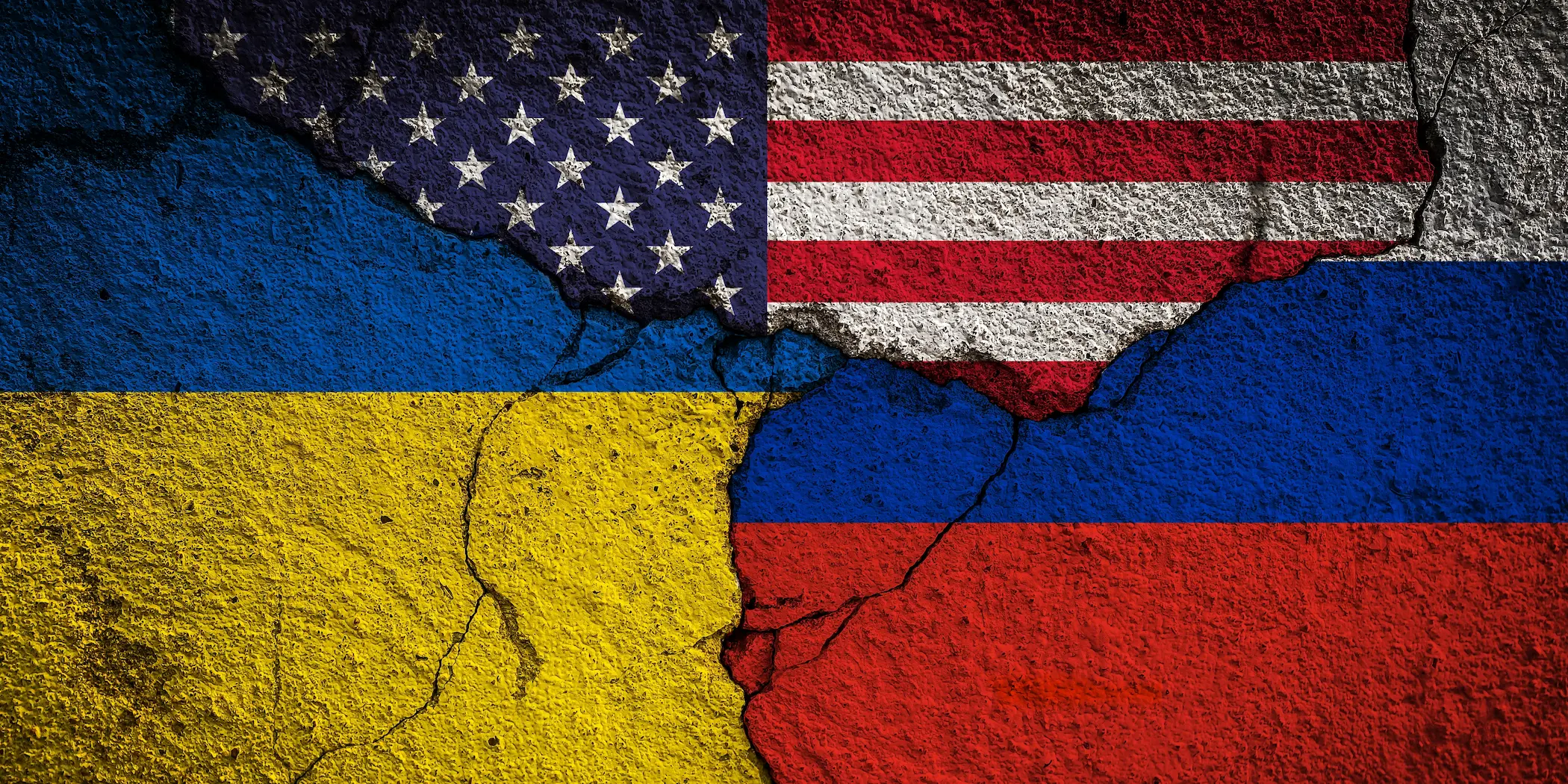
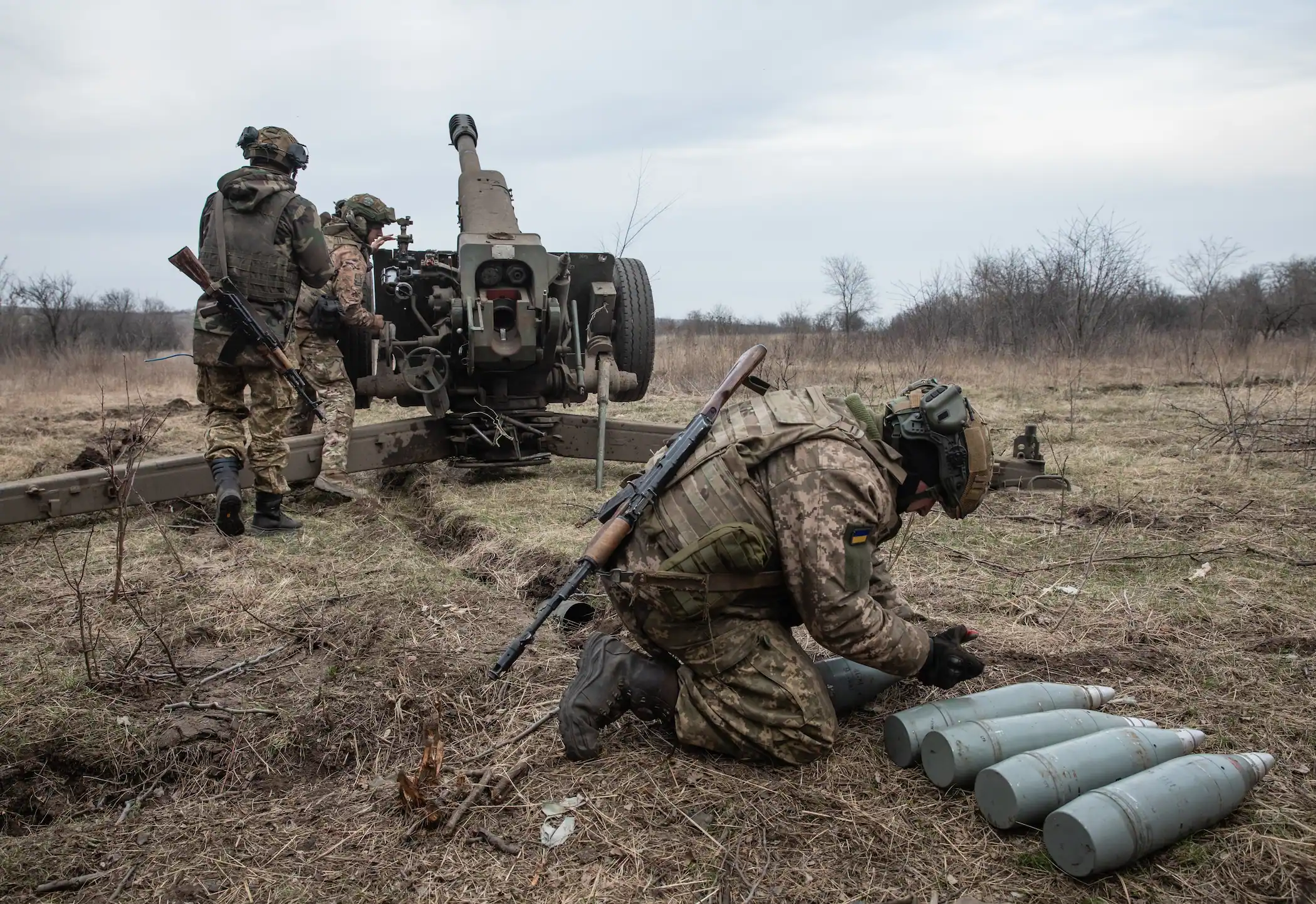
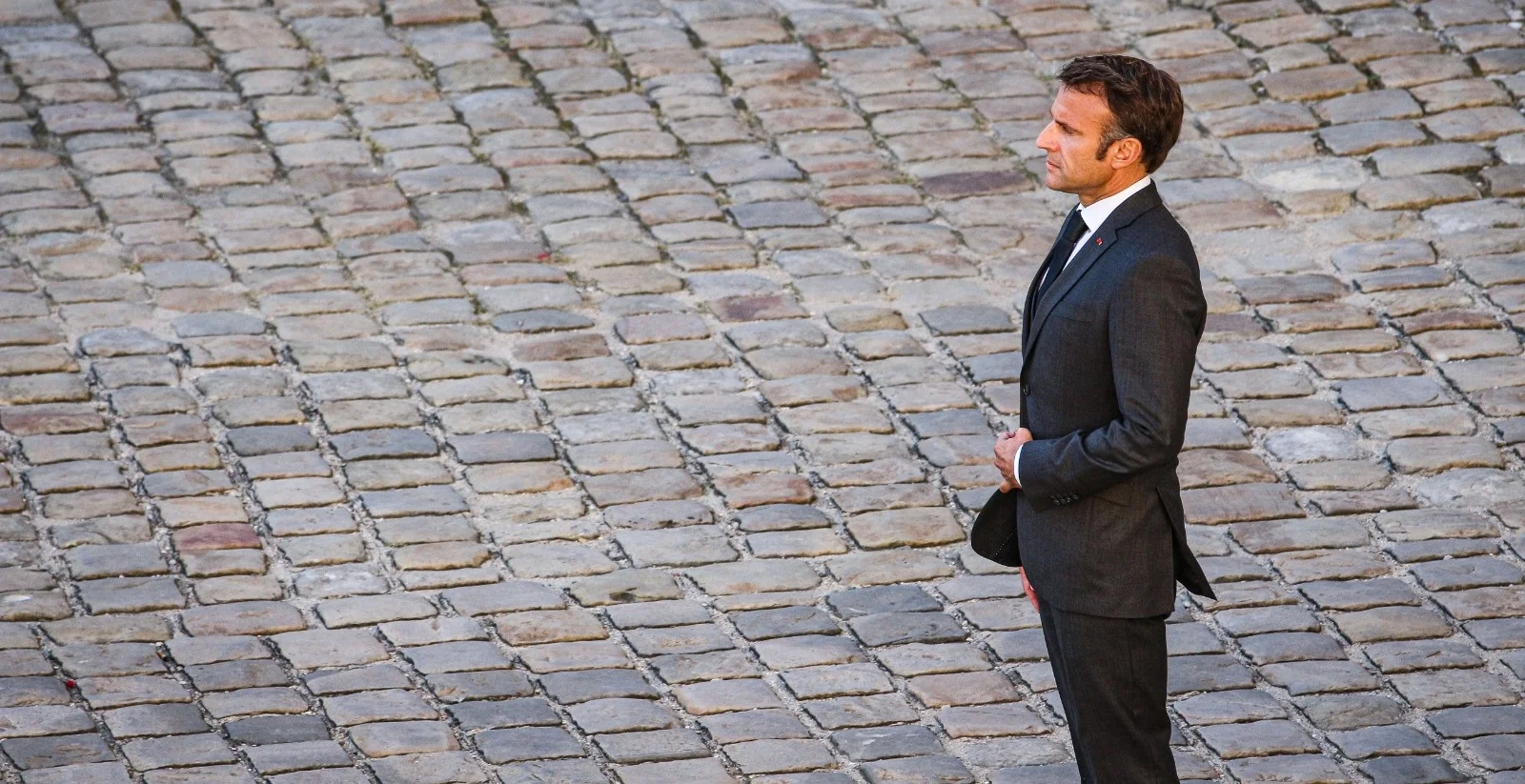
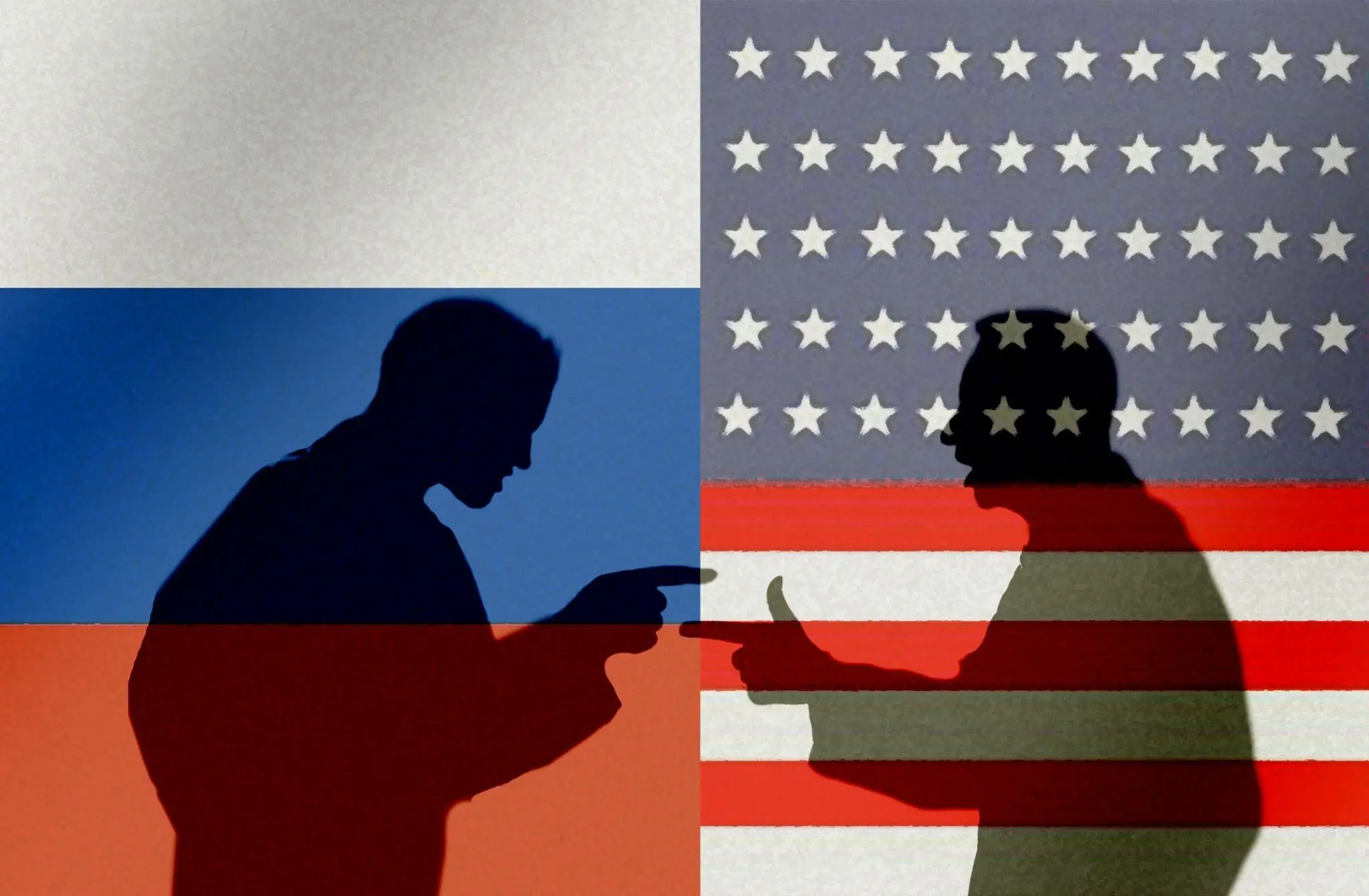
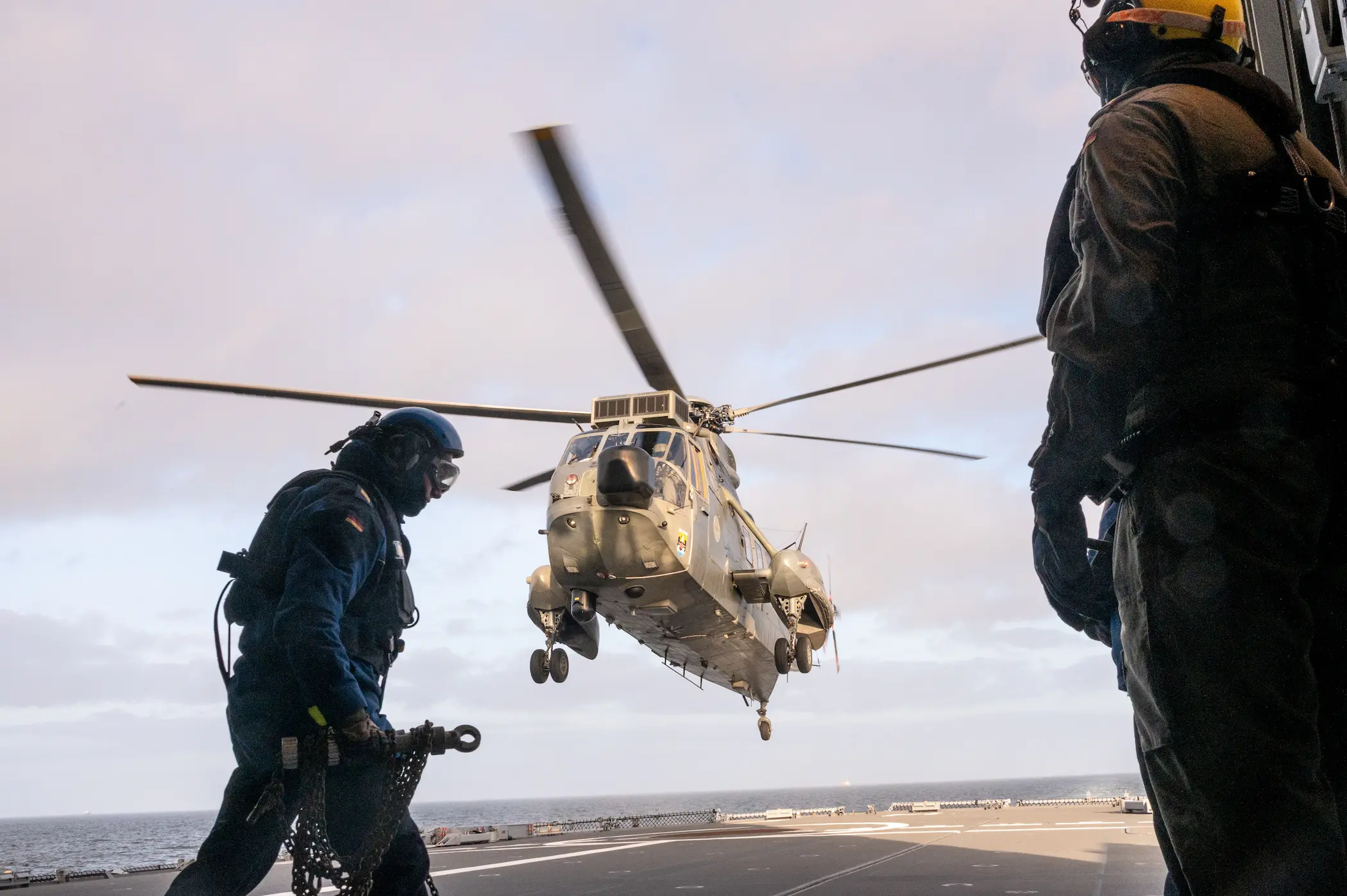

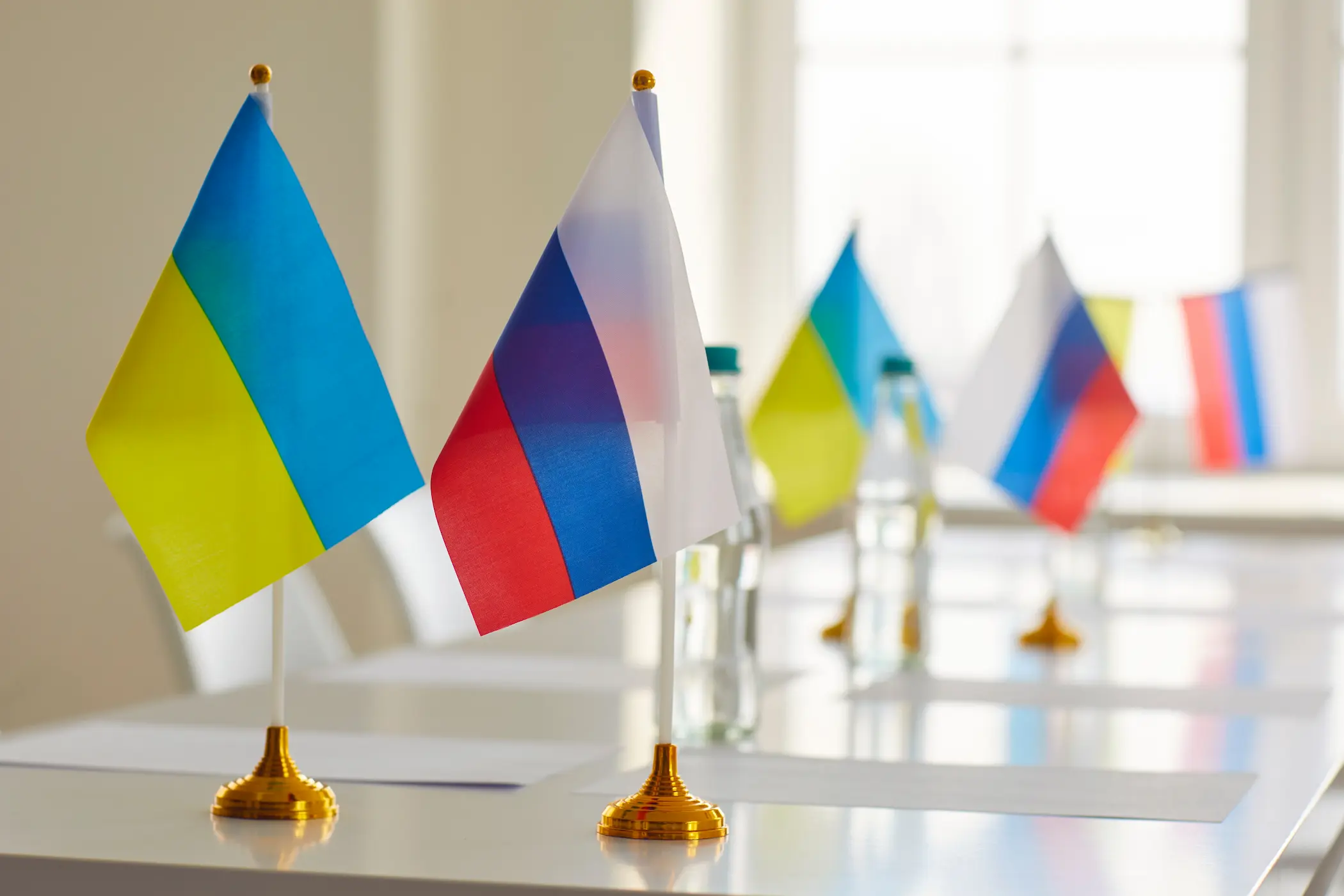

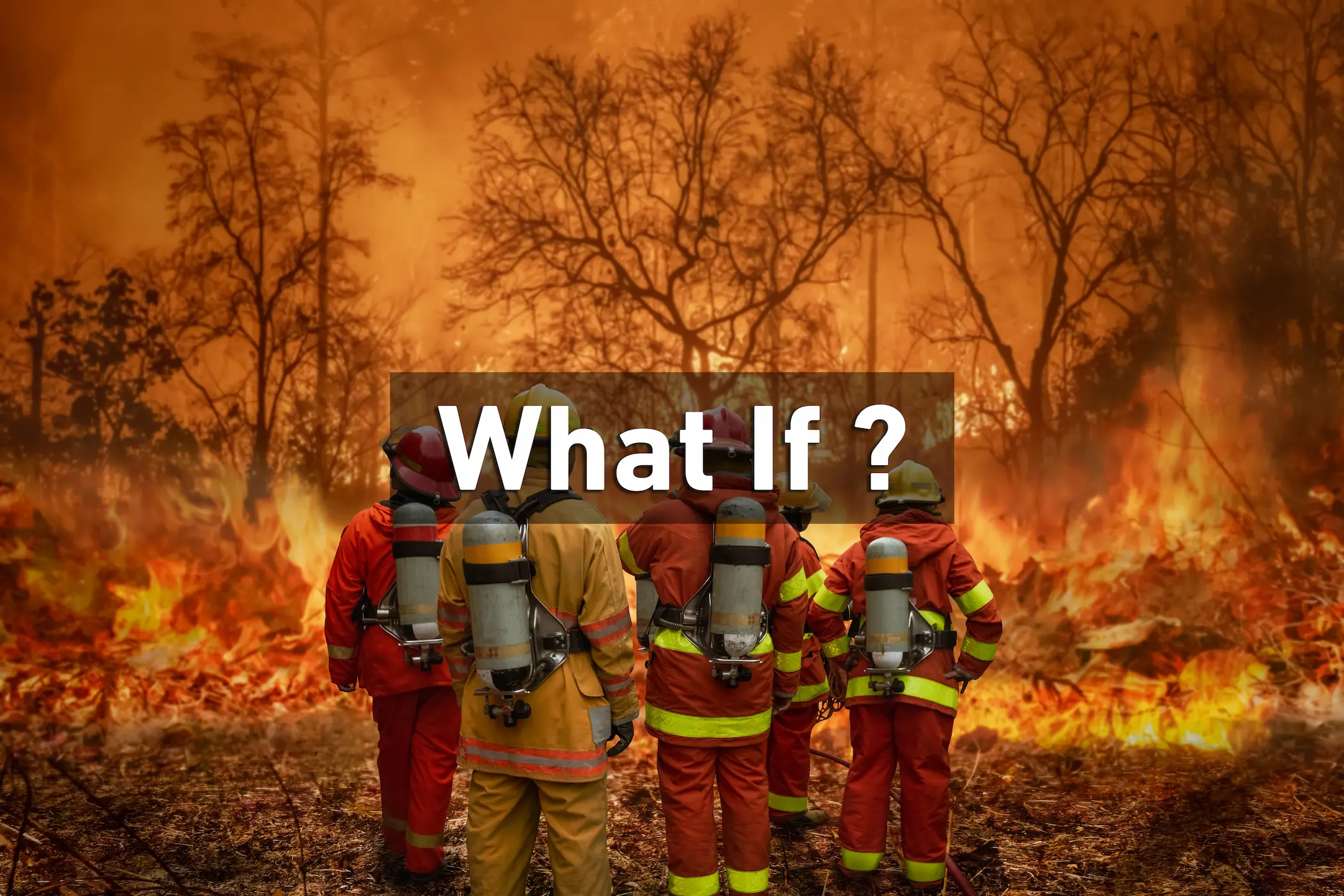
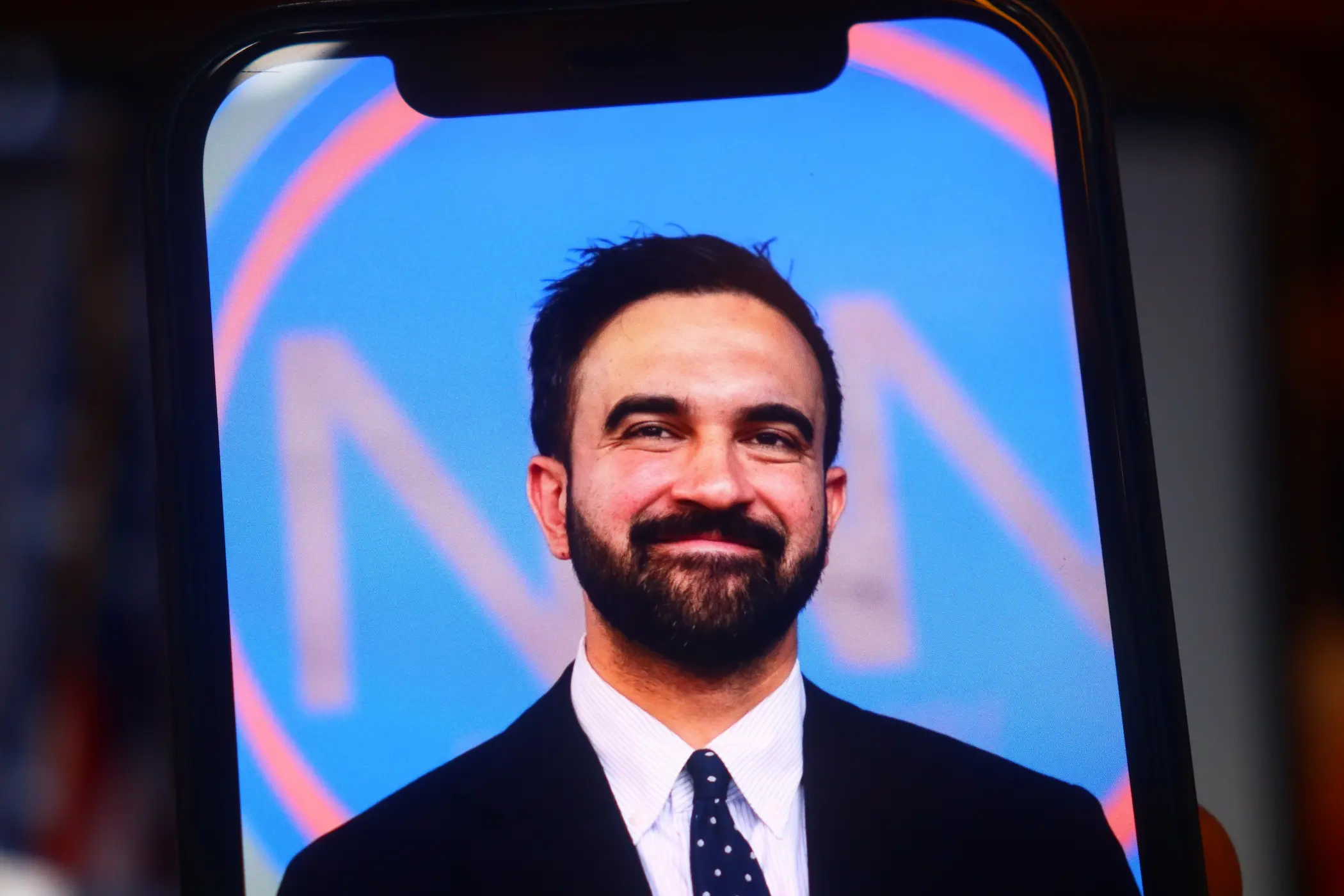
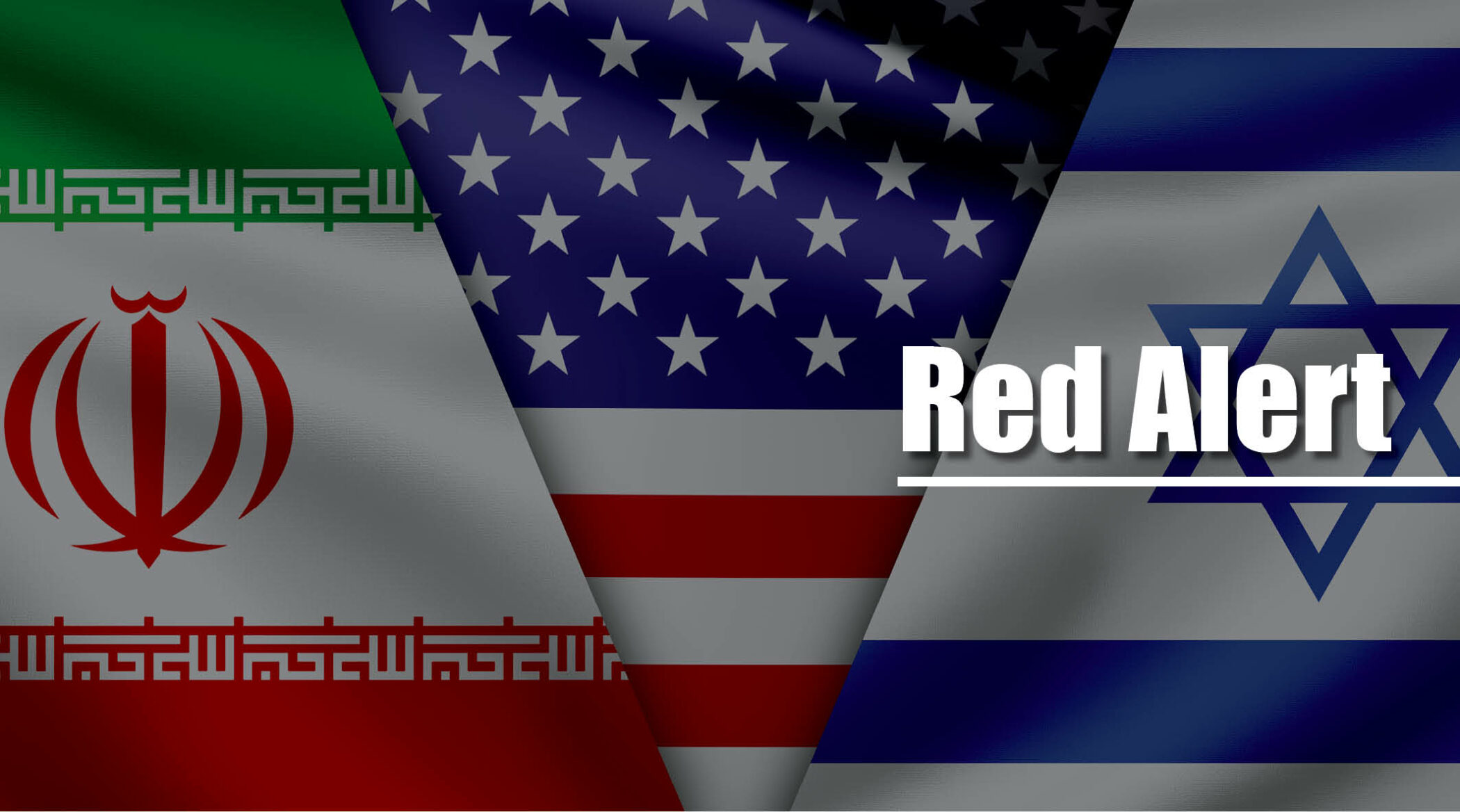









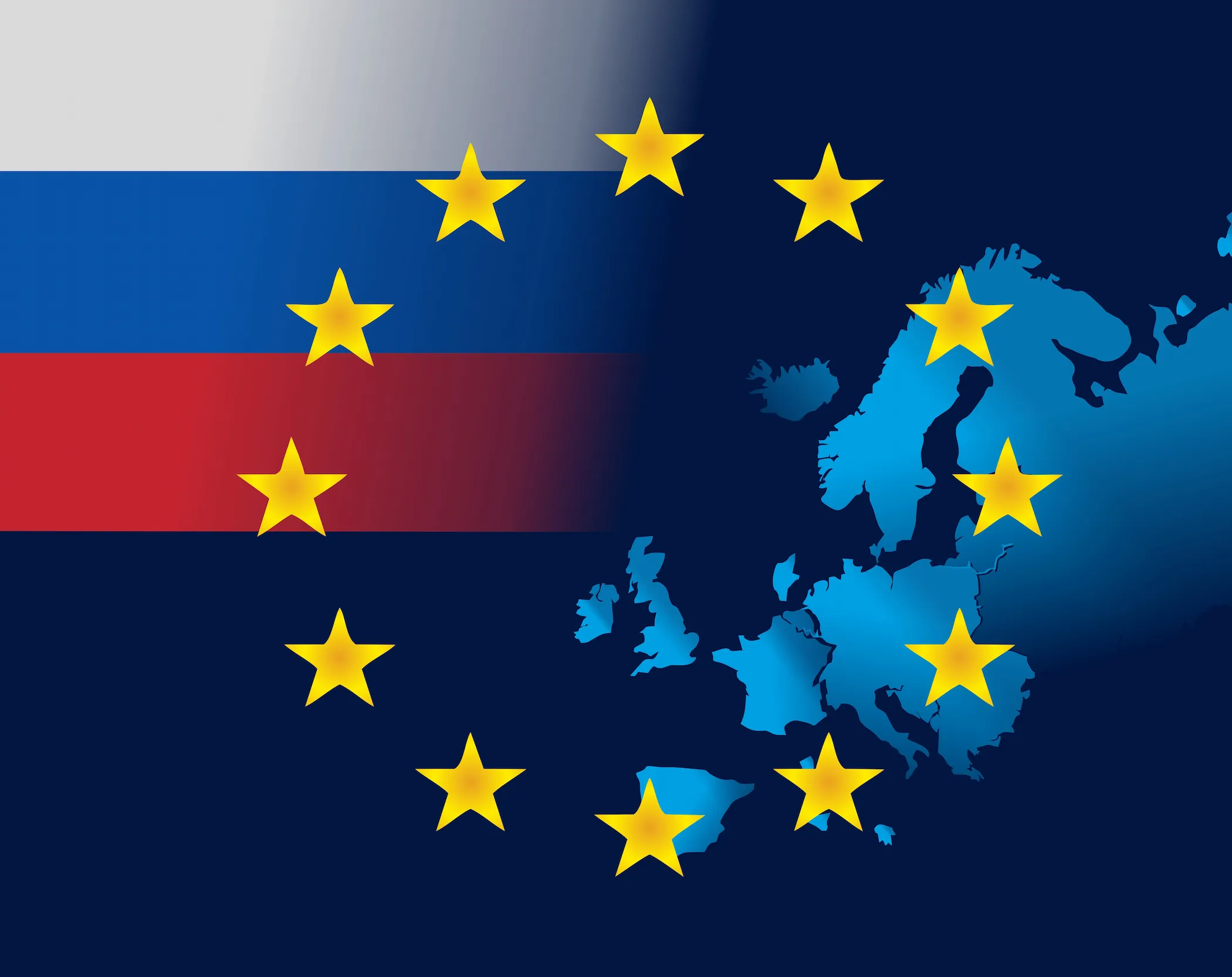
Comments